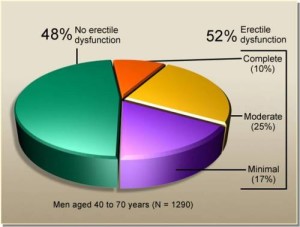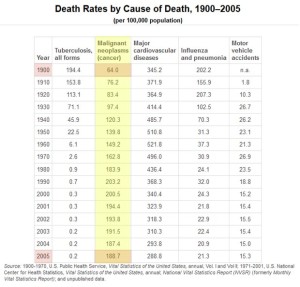The long-standing argument of if homosexuality is something you’re born with or a personality trait that you acquire throughout your life has been around for a long time. With so many people in the world fighting for gay rights, this is something that we should look into if anyone hopes to gain any understanding of homosexuality. The subject matter is touchy but it needs to be asked. Is it possible to be born gay?
This argument started all the way back in 1991 with Simon LeVay, a scientist at the Salk Institute for Biological Studies in San Diego. He had a science partner who unfortunately died from the contraction of AIDS and it fueled him to look deeper into homosexuality and its origins. He conducted an observational study that looked into the hypothalamus in the human brain of 41 dead human corpses. 6 were women (sexual orientation unknown), 16 were men presumed to be heterosexual, and 19 were men presumed to be homosexual. He noticed a correlation between the size of the INAH 3 neurons in the hypothalamus and the subject’s assumed sexual orientation. He noticed that the women and the homosexual men had a similar amount of INAH 3 in their hypothalamus but the heterosexual men had a much larger amount of INAH 3 in their hypothalamus. This led LeVay to conclude that there are psychological differences between gay and straight people. But there are a few problems with his study:
1.) There is no way to accurately determine the amount of INAH 3 in the human brain so the amount of INAH 3 in the test subjects that he found are not concrete to begin with.
2.) He only had reports from 2 out of the 16 heterosexual men saying that they had never engaged in sexual acts with other men. This means that 14 of the assumed heterosexual test subjects could’ve been gay but were not reported as such.
3.) There were only slight size differences between the amount of INAH 3 in both homosexual and heterosexual men.
4.) Different demographics were not reported for in this study so the differences in size in the INAH 3 neurons could have something to do with different ethnic or health backgrounds.
Although LeVay had a correlation going, his study was a perfect example of the fact that correlation need not equal causation. A more influential study was then published by Dean Hamer who conducted an observational study with 40 pairs of homosexual brothers. He found that 33 out of 40 of the fraternal pairs shared a similar stretch on the same spot of their X chromosome. The problem with this study was that the stretch in the X chromosome was not found in homosexual pairs of sisters.
Both of these studies tried to prove that homosexuality is something you can be born with. But there are other studies that argue that children being gay could have been a direct result of having homosexual parents. This is a huge third variable that was not accounted for in the two studies previously mentioned. Socialization is a huge part of child development. Kids use their parents as an example of how to act in society when they get older. It is only natural for kids to absorb the things their parents do and internalize them. So what if some of the test subjects in Hamer’s study had gay parents and that is why they are gay? This article says that homosexuality has a strong heritable component which suggests that homosexuality could come from an individual’s parents after all. I think that homosexuality, if it can be explained at all, can only be explained through the evaluation of social sciences. Maybe there was something about our population that changed in the past and it required a variation in sexual orientation. Or maybe this variation has always been around it was just kept quiet due to past conventional social norms. Homosexuality could simply be due to the fact that it has always been this way and it is going to be this way. We just need to accept it.
The take-home message here is that homosexuality can not be explained by modern science today. Although there are strong correlations and substantial evidence that it could be something you’re born with, it is something that we can’t prove at this point in time. Maybe later on down the line, along with the inevitable advancements in technology, we will finally be able to tell if homosexuality is something you’re born with or something you learn how to be. But in the mean time we simply don’t know.
IMAGES:
http://www2.nau.edu/~bio372-c/class/behavior/apbg.htm
http://www.bio.davidson.edu/courses/genomics/2002/pierce/gaygene.htm
http://www.pewresearch.org/fact-tank/2015/03/06/americans-are-still-divided-on-why-people-are-gay/




















































